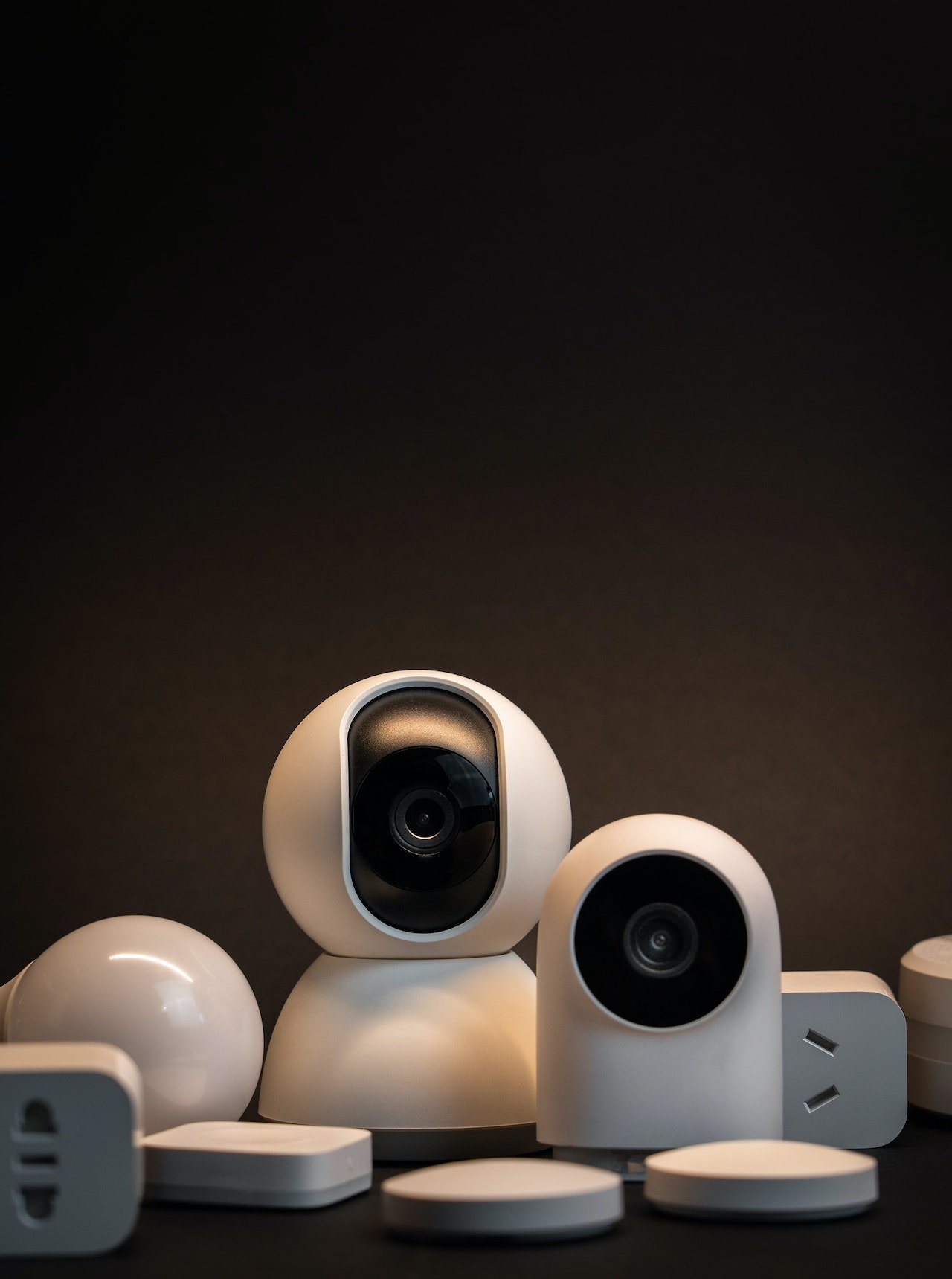Smoke Detectors Aren’t Just an Annoying (2023)

If you’ve ever burned something in the kitchen or set off a smoke alarm accidentally, you may have been tempted to disable it altogether. However, smoke detectors are an essential safety feature in every home. In this article, we’ll discuss why smoke detectors are so important, how they work, and what types of smoke detectors are available. We’ll also cover some common misconceptions about smoke detectors and how to maintain them.
Why Smoke Detectors Are Important
They are designed to alert you to the presence of smoke, which is often the first indication of a fire. Fires can spread quickly, and in many cases, you may not even realize there’s a fire until it’s too late. Smoke detectors can provide an early warning, giving you and your family enough time to escape to safety.
Read More: FL. Power Plant in Spotlight After Several Accidents (2023)
How Smoke Detectors Work
They uses two different types of sensors to detect smoke: ionization sensors and photoelectric sensors. Ionization sensors are better at detecting fast-burning fires, while photoelectric sensors are better at detecting slow-burning fires. Many smoke detectors on the market today use both types of sensors to provide the best possible protection.
When smoke enters the smoke detector, it interrupts a beam of light or a flow of ionized particles. This triggers the alarm, which alerts you to the presence of smoke. Some smoke detectors also have a carbon monoxide sensor, which can detect dangerous levels of carbon monoxide in your home.
Types of Smoke Detectors
There are two main types of smoke detectors: battery-powered and hardwired. Battery-powered smoke detectors are easy to install and can be placed anywhere in your home. Hardwired smoke detectors are connected directly to your home’s electrical system and typically require professional installation.
Read More: One Dead 33 Injured In Bus Accident
Smoke detector is also available with different features, such as wireless interconnectivity, voice alerts, and the ability to silence false alarms. You can choose the type of smoke detector that best suits your needs and budget.
Common Misconceptions About Smoke Detectors
There are several common misconceptions about a smoke detector that can put you and your family at risk. One of the biggest misconceptions is that a smoke detector only needs to be replaced when the batteries die. In fact, smoke detectors should be replaced every 10 years, regardless of whether the batteries are still functioning.
Another misconception is that a smoke detector is only needed in the kitchen. While cooking is a common cause of house fires, fires can also start in other areas of the home, such as the bedroom or living room. A smoke detector should be installed in every room of your home to provide the best possible protection.
Maintaining Your Smoke Detectors
To ensure that your smoke detector is working properly, you should test them at least once a month. You can test your smoke detector by pressing the test button or using a can of smoke detector test spray. You should also replace the batteries in your smoke detector twice a year and vacuum the detector regularly to remove any dust or debris that may have accumulated.
Conclusion
A smoke detector is a critical safety feature in every home. They can provide an early warning in the event of a fire, giving you and your family enough time to escape to safety. There are many different types of smoke detector available, so you can choose the one that best suits your needs and budget. By following some simple maintenance tips, you can ensure that your smoke detector is working properly and providing the best possible protection for you and your family.
FAQs
Can a smoke detector detect carbon monoxide?
Yes, a smoke detector on the market today includes a carbon monoxide sensor.
How often should I replace my smoke detector?
The smoke detector should be replaced every 10 years, regardless of whether the batteries are still functioning.
How often should I test my smoke detectors? You should test your smoke detectors at least once a month to ensure they are functioning properly.
Where should I install smoke detector in my home?
A smoke detector should be installed in every room of your home, including bedrooms, living rooms, and hallways, for maximum coverage.
Can I silence false alarms on my smoke detector?
Yes, many modern smoke detector have a silencing feature for false alarms caused by cooking or steam. However, it’s important to always investigate the cause of the alarm before silencing it.
Are hardwired smoke detector better than battery-powered ones?
Both hardwired and battery-powered smoke detector are effective, but hardwired detectors are directly connected to your home’s electrical system and may provide a more reliable source of power.
Can I install smoke detector myself?
Yes, battery-powered smoke detector are typically easy to install and can be a DIY project. However, hardwired smoke detectors may require professional installation.




